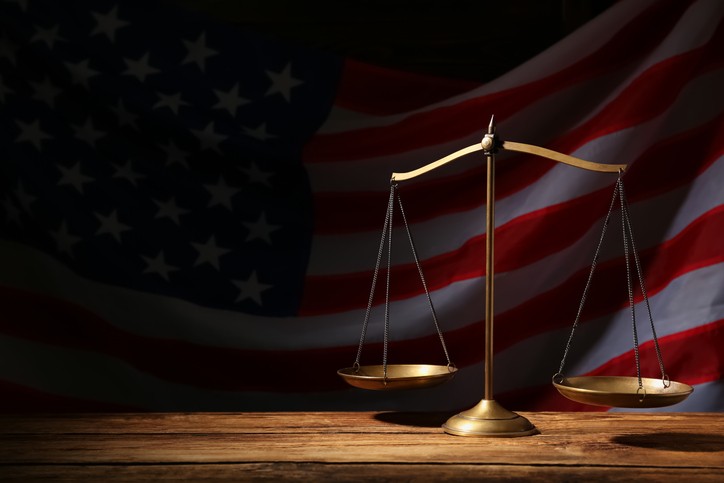October 6, 2023
A Diverse Legal Profession Requires Hispanic Representation
Partner at Holland & Knight and President of the Hispanic National Bar Association

As we celebrate Hispanic Heritage Month, it is undeniable that Hispanics are growing in both influence and population, now nearing 20% of the total U.S. population. That growth continues to shape the community, traditions and culture of the United States, most notably in the areas of food, music, art, and religion.
Less obvious are the significant contributions that Hispanic lawyers are making within the legal profession. As the ABA found in a 2020 study, the number of Hispanic attorneys grew only 1% over the last decade. Today, only 5.8% of all lawyers are Hispanic. Though any increase is welcome, there is clearly a long way to go before Hispanic participation in the legal profession begins to approximate the total Hispanic population in the U.S.
Nonetheless, as the newly installed National President of the Hispanic National Bar Association (HNBA), I am heartened by the strides Hispanic lawyers continue to make in the profession. We are a small but mighty force and the sphere of Hispanic lawyer influence is on the rise. We see an increasing level of access to spaces where Hispanic lawyers have been traditionally underrepresented (if represented at all), such as board rooms, corporate C-suites, judicial roles, and higher-level government positions. With access comes information and the power to influence. There are many organizations, including the HNBA, who are working hard each day to identify barriers, educate members and provide resources to lawyers, both younger and more seasoned, as they navigate the legal profession. The most important of those resources is mentorship. There is no deficit of Hispanic talent; the deficits are a lack of resources and information.
Today, there are increasing challenges to diversity, equity and inclusion (DEI) initiatives in the courts and in the court of public opinion. The Supreme Court’s decision in Students for Fair Admissions (SFFA) v. Harvard is a setback that will undoubtedly and disproportionately affect aspiring Hispanic law students. History will ultimately be the judge of the motivations that underlie the efforts to curtail DEI programs and I am confident that history will not be kind. As the US Supreme Court recognized in its 1954 decision in Hernandez v. Texas, Hispanics have long been subject to discrimination based on their ethnicity. That discrimination, whether overt or subtle, continues to undermine Hispanic participation in legal and other professions.
At the same time, there are economic and demographic forces that will continue to help propel the interests and representation of Hispanic (and diverse) lawyers forward. Law firms, corporations, government, and individuals in need of legal representation are calling for diverse representation. There is a demand and a need for more Hispanic lawyers. Universally accepted laws of supply and demand will ultimately help minimize the barriers created by challenges against DEI programs and higher education admissions policies.
Furthermore, the legitimacy of and faith in our democratic institutions requires diversity in the legal profession. According to the ABA, “racial and ethnic diversity in the legal profession is necessary to demonstrate that our laws are being made and administered for the benefit of all persons. Because the public’s perception of the legal profession often informs impressions of the legal system, a diverse bar and bench create greater trust in the rule of law.” The governed must have faith in government and its institutions. Such faith is enhanced when the bench and bar are diverse and empowered.
Decisions such as SFFA will, at least in the short term, surely stunt growth and diversity in the professional world. Organizations like the HNBA will need to work harder and smarter to ensure continued representation in the legal profession in the face of a changing higher education admissions landscape.
_____________________
 Daniel Mateo is a Partner at Holland & Knight, and currently serves as President of the Hispanic National Bar Association.
Daniel Mateo is a Partner at Holland & Knight, and currently serves as President of the Hispanic National Bar Association.




